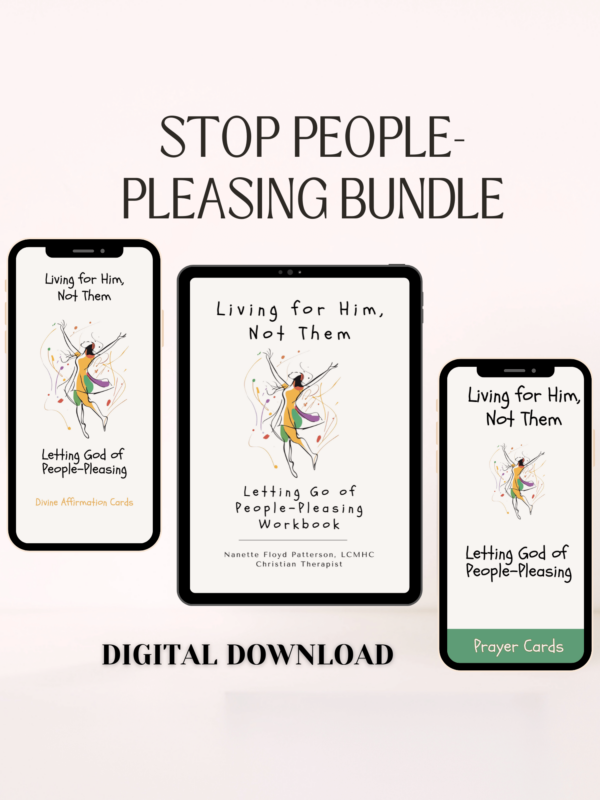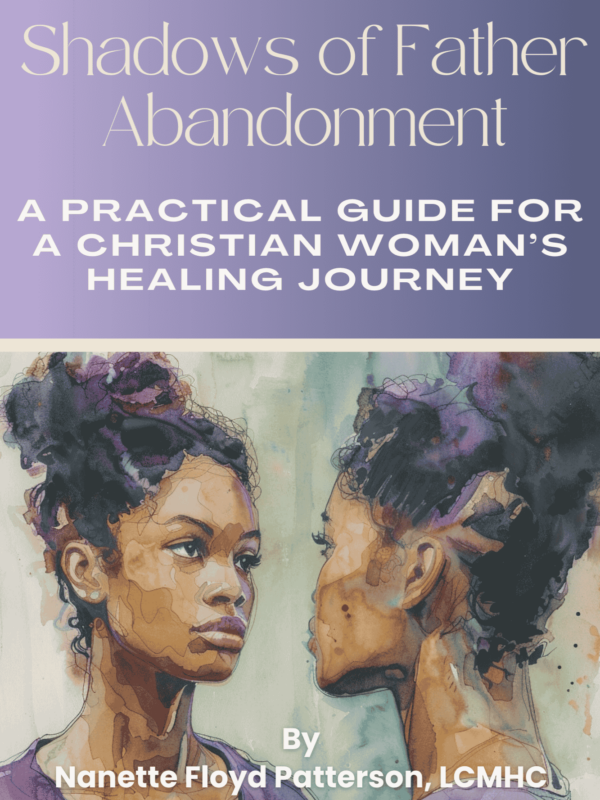
There’s something we don’t talk about enough: the difference between uncertainty and disobedience. Most people assume they’re being cautious, prayerful, or wise by staying still when things feel unclear. But sometimes, we’re not waiting on God, we’re stalling on Him. There’s a subtle difference between trusting God with our next steps and avoiding obedience because we’re afraid of what those steps might cost us.
I was once convinced that I was in a season of “waiting.” I wasn’t taking action, not because I hadn’t heard from God but because I didn’t like what I heard. I wanted more confirmation, more signs, more assurance that it would all work out. But deep down, I knew the truth: I was being disobedient and calling it discernment. And that realization changed everything.
In this post, I want to walk you through why uncertainty isn’t your enemy and how disobedience often shows up dressed like godly caution. You don’t need full visibility to move forward in faith. You just need a heart that’s willing to trust and obey, even in the dark.
We Blame Uncertainty Because It’s Easier Than Facing Fear
Let’s be honest. Uncertainty makes a great scapegoat. When we say “I’m not sure yet,” it sounds responsible. It sounds spiritual. It gives us space. But how many times has that phrase been a cover for fear?
Fear of failing.
Fear of looking foolish.
Fear of letting go.
Fear of what obedience might cost us.
We all want clarity. It makes us feel in control. But faith often requires us to move without it. When we delay action, not because God hasn’t spoken, but because we’re afraid of the outcome that’s disobedience in disguise.
God doesn’t owe us the full blueprint before we move. He calls us to walk by faith, not by sight (2 Corinthians 5:7). That means sometimes we’ll step into the unknown, unsure of the details but fully sure of the One who called us.
What Does Godly Waiting Really Look Like?
Waiting on God is sacred. It’s often necessary. But let’s define it correctly.
Godly waiting is not passive avoidance. It’s not spiritual procrastination. It’s active trust.
It looks like preparation. Prayer. Listening. Staying sensitive to God’s voice and being ready to move the moment He says go. It’s not sitting still hoping something happens. It’s posturing your heart to respond when it does.
Disobedience, on the other hand, often mimics waiting. It looks like constant hesitation, overthinking, and spinning in circles. You keep telling yourself you’re “just being careful,” but deep down, you already know what you’re supposed to do.
Why We Confuse Obedience with Overthinking
Overthinking is one of the enemy’s most effective tools. He’ll whisper questions that feed your uncertainty:
- “What if this isn’t the right time?”
- “What if I’m wrong?”
- “What if I fail?”
The moment God speaks, the enemy starts sowing doubt. Not because God was unclear but because the devil knows that delayed obedience is disobedience. Every time you second-guess what you know God already told you, you give fear a foothold and faith a backseat.
Here’s what I’ve learned: clarity often comes after obedience, not before. Sometimes, the fog doesn’t lift until your feet move. You step out, and then you see. The waters don’t part before you go. They part as you go.
Just ask the priests in Joshua 3. God told them to carry the Ark and step into the Jordan River. It wasn’t until their feet touched the water that the flow stopped and dry ground appeared. If they had waited for clarity, they never would’ve moved.
The Real Cost of Disobedience
Disobedience doesn’t always look like rebellion. It often looks like comfort. Like safety. Like logic. That’s what makes it so deceptive.
But the cost is real.
When you delay obedience:
- You rob yourself of growth.
- You forfeit opportunities to trust God deeper.
- You miss divine timing and alignment.
- You make space for fear to settle in and take root.
And even more sobering? You risk hardening your heart to God’s voice. The more we say “not yet” to God, the easier it becomes to stop listening altogether.
Disobedience slowly desensitizes you to the nudge of the Holy Spirit. Before you know it, you’re still doing spiritual things praying, journaling, showing up but no longer truly yielding. No longer surrendered.
That’s why we must confront it. Not with shame, but with honesty and repentance. God is always ready to redirect and restore a willing heart.
Why We Want the Whole Picture Before We Move
We live in a culture obsessed with certainty. GPS directions. 10-step plans. Risk assessments. Forecasts.
But the life of faith doesn’t come with guarantees. It comes with God. That’s the only assurance we get: I will be with you.
Think of Abraham. He left everything familiar, not knowing where he was going, simply because God said, “Go.” He didn’t wait for a location, a promise of comfort, or a 3-year plan. He trusted the voice that called him.
That same voice still calls you.
Will you move without knowing the full picture?
Faith Is Obedience in Motion
Obedience is the proof of faith. Not just belief but movement.
You don’t need to feel ready. You don’t need to be certain. You just need to be obedient.
Here are a few ways to practice obedience even in uncertainty:
1. Respond to the last thing God said
Stop asking for new instructions when you haven’t acted on the last ones. Go back and revisit the nudges, convictions, and prompts you’ve received. Start there.
2. Take one step
You don’t need to know the full path. Just the next step. Faith isn’t about giant leaps; it’s about consistent steps toward what God has revealed.
3. Let peace—not perfection—be your guide
God’s peace is often present even when logic isn’t. If fear is loud but peace is steady underneath, that’s often your sign to move.
4. Get honest with God
Tell Him your fears. He’s not offended by your doubt. He just doesn’t want you to stay stuck in it. Ask for strength to have the courage. He’ll give it.
You Can Still Obey Afraid
Courage isn’t the absence of fear. It’s obedience in the face of it. You don’t need to wait for the fear to vanish. You just need to believe that God’s presence is stronger than your uncertainty.
One of the most powerful prayers you can pray is:
“God, I believe. Help my unbelief.” (Mark 9:24)
You don’t have to feel bold to be faithful. You just need to be willing.
Grow Through It: Your Reflection Challenge This Week
Ask yourself:
- What’s one area of my life where I’ve been hiding behind uncertainty?
- Has God already spoken and I just haven’t moved?
- What step can I take this week no matter how small to obey what I know?
Write it down. Pray about it. And then do it.
Even trembling obedience is still obedience.
Final Thoughts
Uncertainty isn’t the enemy. It’s part of the journey. But when we allow uncertainty to justify disobedience, we trade faith for fear.
God isn’t asking you to know the whole story. He’s asking you to trust Him enough to write it. Even in the waiting. Even in the dark. Even when it doesn’t all make sense.
Obey while it’s unclear. Move while it’s uncomfortable. Trust while it’s incomplete.
He sees the whole picture. He just wants your yes.
P.S. Need help navigating seasons of internal tension and spiritual weariness? My free 5-Day Cracked But Carried™Devotional was created for women who still believe even when they feel a little less than whole.
Click here to download it now and let truth carry you forward.
If you’re a coach, therapist, or spiritual leader, check out the Coach BibliSession™ Guide: “Water Parts When Foot Hits the Water” based on Joshua 3:15–17. It’s designed to help your clients or community take bold, Spirit-led steps even when the full picture isn’t clear.
Explore the BibliSession Guide here.






